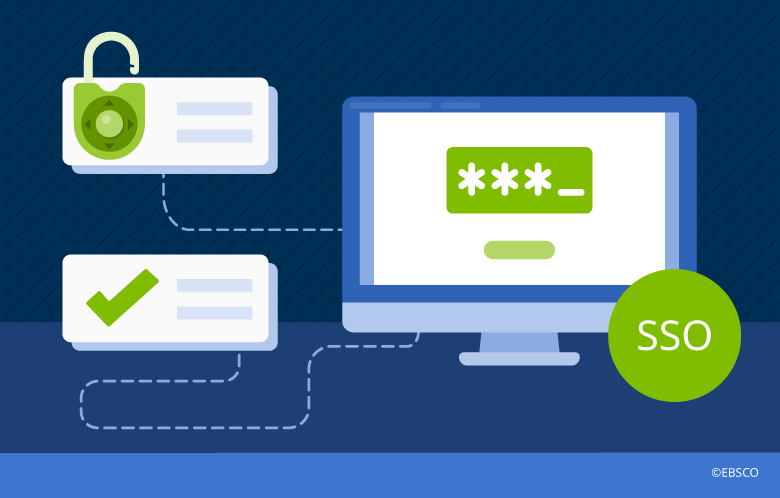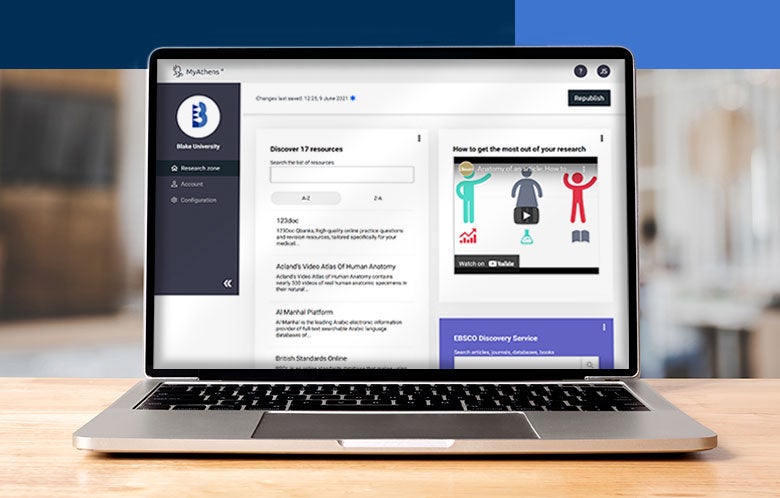At OpenAthens, we believe in making remote access simple. It’s vital for users to be able to access resources not only legitimately, but seamlessly.
Yet how can OpenAthens deliver effective security, while keeping things unobtrusive for learners and researchers?
The simple answer is that we use federated access, which allows users to access resources via single sign-on, within a network of trust.
But there are also out-of-the-box features and characteristics of OpenAthens that help deliver security effectively. Here are three:
1. OpenAthens helps you control personal data released to publishers
One of the most important ways of reducing security risk is to adopt the principle of data minimization. As a responsible organization, you want to minimize and control the personal data you transfer – to reduce security and privacy risks.
But for the purpose of authentication by federated access, organizations need to provide a limited set of data – a process known as attribute release – via OpenAthens to publishers. This includes a unique, pseudonymous user identifier, so publishers know no more about a user than they need to for the purpose.
At OpenAthens, we make this simple by providing a “global release policy” which defines, on a minimal basis, a set of essential data attributes. This helps ensure security and privacy, out of the box.
Yet publishers may also ask for further attributes for purposes other than authentication – such as for personalization. At that point, you need to decide if you are happy to release the data or not.
To manage this, OpenAthens lets you add “release policies” for specific publishers. You can then minimize the release of data attributes, helping to ensure the release of data is appropriate for the purpose.
In some circumstances, data may also be mapped to OpenAthens without being shared with publishers; but again, we provide tools which allow you to follow the principle of data minimization.
2. As a cloud-hosted solution, OpenAthens is kept up to date
Keeping systems up to date is also vital to security – because the latest software versions have solutions for known vulnerabilities.
When a solution is hosted on your own network, though, it can involve significant overhead to manage security effectively. When that overhead becomes too high, customers often fall behind on upgrading services, leaving them vulnerable.
OpenAthens, on the other hand, is cloud-hosted – so we keep it up to date for all customers simultaneously, offering peace of mind.
At OpenAthens, we make [attribute release] simple by providing a “global release policy” which defines, on a minimal basis, a set of essential data attributes. This helps ensure security and privacy, out of the box.
At OpenAthens, we make [attribute release] simple by providing a “global release policy” which defines, on a minimal basis, a set of essential data attributes. This helps ensure security and privacy, out of the box.
3. OpenAthens offers the benefits of public cloud
OpenAthens is hosted on a public cloud platform. Among other benefits, this means that the platform vendor handles virtual and physical security and uses state-of-the-art processes and systems to enforce strict access control.
Because these high-level security features are provided at scale across all customers on the public cloud platform, they become cost-effective.
Meanwhile, the public cloud platform also offers compliance with ISO 27001, an industry-recognised standard for information security, and a range of other national and international security standards.
At OpenAthens, of course, our essential focus is to create an intuitive authentication experience for the user – making it simpler for authorized users to access resources.
At the same time, the controls you have over personal data attributes, and the security benefits of a cloud-hosted solution, give confidence that security can be effective as well as seamless.



